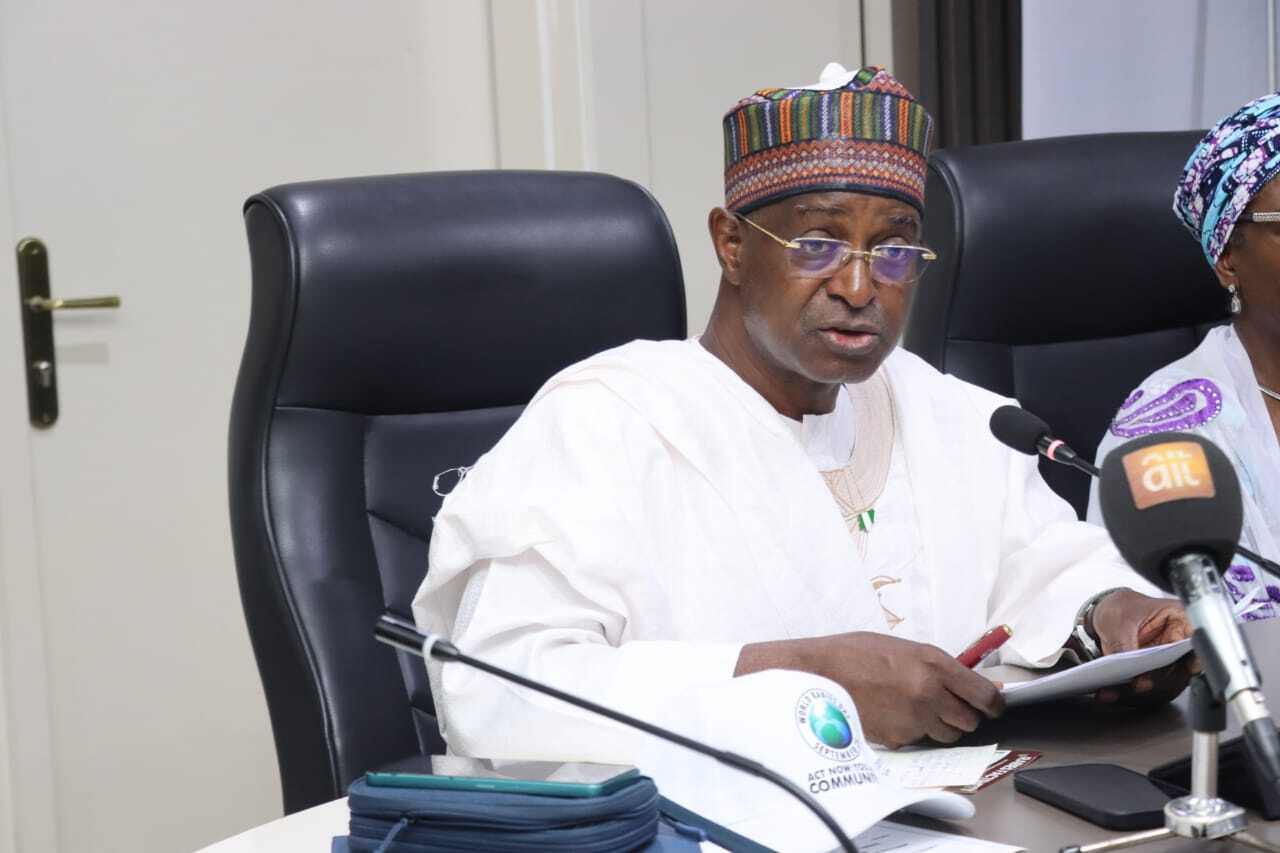The Federal Government has debunked widespread media reports claiming that open grazing has been banned nationwide, clarifying that it is instead implementing a gradual transition to modern ranching systems.
The Minister of Livestock Development, Idi Maiha, made the clarification on Tuesday, stating that the government has announced no policy banning open grazing.
He emphasised that the current strategy involves utilising and upgrading Nigeria’s vast existing grazing reserves.
“The government is instead implementing a gradual, well-structured transition from open grazing to modern ranching systems.
“Pastoralists, like every other economic group, require a structured business environment,” Mukhtar explained.
He detailed the government’s approach, noting that Nigeria currently has 273 gazetted grazing reserves covering over 4.5 million hectares.
According to Mukhtar, the federal government is working closely with state governments to revitalise, equip, and make these reserves conducive for pastoralists and other livestock operators.
He stressed that the transition plan is not an immediate abolition of open grazing but an effort to provide viable, sustainable alternatives.
He said, “The grazing reserves provided by law are meant to serve as business premises for all livestock activities. Our responsibility is to upgrade these reserves and facilitate their proper utilisation.”
The minister added that the overall goal of the plan is to support productivity, reduce conflicts, and promote a sustainable livestock ecosystem.
In a statement by the ministry’s Head of Press and Public Relations, Oghenekevwe Uchechukwu, the ministry urged the public to disregard misleading reports and rely solely on official government communication channels for accurate information.
In other news, President Bola Ahmed Tinubu has launched the Global Flood Disaster Management Project (GFDMP) to mitigate the effects of climate change and improve long-term flood resilience in Nigeria.
The President, who was represented by the Minister of Agriculture and Food Security, Sen. Abubakar Kyari, at the launch of the project on Tuesday in Abuja, said GFDMP is a multi-year program designed to move Nigeria from a reactive approach to flooding to a proactive, preventive one.
Tinubu emphasised that the effects of climate change are continuous, and therefore, solutions would be strategic, coordinated, and sustainable.
He pointed out that ‘resilience is not built in a moment, but through consistent investment, planning, monitoring, and innovation over time.
He added that the federal government views the project as a major step toward tackling climate-related disasters that ravage farmland, displace families, and cripple infrastructure nationwide.
He highlighted the four core pillars of the projects to include Advanced Early Warning Systems, Flood Resilient infrastructure, Capacity Building and Knowledge Transfer and Community Engagement and Local Participation.
He stated that the project would enhance forecasting capacity, introduce real-time monitoring, and deploy digital alert systems to give citizens and government more time to prepare and respond.
President Tinubu revealed that ”Nigeria is proud to be part of this global movement. Our government has already prioritised early warning systems, modern hydrological infrastructure, improved disaster-response coordination, and environmental protection.”
He stated that the GFDMP would strengthen and accelerate these priorities, providing global expertise and technological support.
He pledged ”full cooperation, active participation, and unwavering commitment to ensuring that this multiyear programme reaches every community that needs it.”






